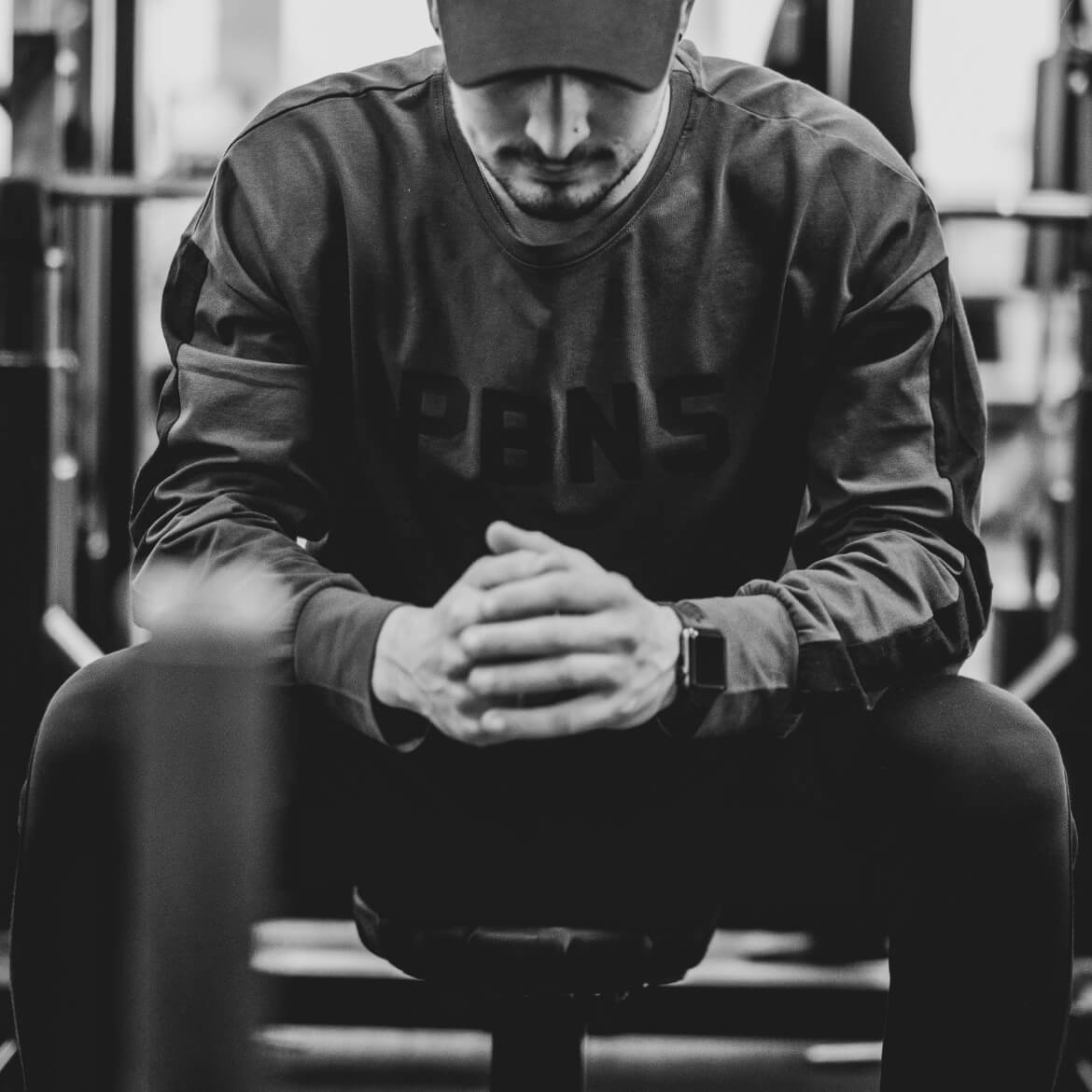Nutrition Myths Busted
30th Mar 21

There are so many nutrition myths it can be hard to know what is actually fact and what isn’t. This can make a big difference to the decisions that you make in your life regarding your diet and what you eat and drink.
We have put together 10 of the most popular nutrition myths to help put your mind at ease.
Want to move fast? Jump to the right section below.
- Coffee Is Bad For You
- Cutting Out Carbs Will Help You Lose Fat
- Detox Diets Help Reset Your Body
- You Won’t Get Enough Protein On A Vegan Diet
- A Gluten-Free Diet Is Healthier
- Skipping Breakfast Is Bad For You
- ‘Low-Fat’ & ‘Fat-Free’ Foods Are Better For You
- Being Skinny Means You Are Healthy
- Snacking Is Bad For You
- Taking In Fewer Calories Is Enough To Lose Weight
Myth 1: Coffee Is Bad For You

It is quite widely believed that coffee and caffeine is bad for you, but that isn’t true. You shouldn’t consume caffeine in large quantities, but a couple of cups a day doesn’t actually negatively affect you. Caffeine is consumed for energy, and one cup can usually last you 8 hours, meaning any more won’t have any additional benefits.
There are side effects if you are sensitive to caffeine, such as anxiety, insomnia and irregular heartbeat, but these will differ from person to person.
Myth 2: Cutting Out Carbs Will Help You Lose Fat

It’s very simple to say that cutting carbohydrates out of your diet will mean that you lose weight. Whilst this is partially true, there is a lot more to it than that. Cutting out sugary and refined carbohydrates will help when it comes to fat loss. Still, carbohydrates are an important part of a balanced diet, and you need to make sure you are consuming starchy, complex carbohydrates.
Complex carbs are good to consume when it comes to fat loss as they help you feel fuller for longer, preventing overeating and snacking. It’s more about portion size than cutting them out completely. Make sure you aren’t overdoing it, and you’ll see that cutting out carbs is a complete nutrition myth.
Myth 3: Detox Diets Help Reset Your Body

This myth is a big one. You see it everywhere that if you’ve had a bad week eating wise, you need to ‘detox’ and ‘reset’ your body, but what does that even mean? It doesn’t actually mean anything. It’s just another one of those marketing things to help you be healthier. What these detox diet articles don’t tell you is that as long as your kidneys are fully functioning, you are actually detoxing every day; that’s their job! So next time you see an article about detox diets, skip it!
Myth 4: You Won’t Get Enough Protein On A Vegan Diet

Nutrition myth number 4 is about vegan diets. Vegan diets get a lot of rubbish about how they aren’t healthy or you won’t get the right nutrients if you follow one. But the big one is that a vegan diet won’t give you enough protein. Like some of the other myths, it’s not so black and white.
If you decide you would like to follow a vegan diet, you need to make sure you are consuming everything that a meat diet will to keep you healthy. Proteins are the same. Foods like seeds, nuts and greens can provide enough protein to make sure you are healthy. What proteins on a vegan diet won’t do is help you to build muscle mass, but it’s still a healthy option if done right.
Myth 5: A Gluten-Free Diet Is Healthier
When it comes to a gluten-free diet, there are some people who have to follow that diet due to allergies. However, some people may decide to follow a gluten-free diet because they think it is healthier than other diets or they think gluten is ‘bad’ for you.
Gluten is a protein found in foods like bread and pasta, anything made from wheat, rye and barley, and is part of most peoples protein intake. Unless you have an intolerance, it isn’t actually bad for you. The same applies to gluten-free diets. Cutting gluten out of your diet doesn’t make it healthy it just means you have one less source of protein in your diet.
Myth 6: Skipping Breakfast Is Bad For You

“Breakfast is the most important meal of the day”. We’ve all heard it said at some point in our lives, but that doesn’t necessarily make it true. In all honesty, it comes down to personal preference. Not eating breakfast means a lower daily calorie intake, and some people don’t enjoy eating first thing in the morning.
There are no negative side effects from not eating breakfast. It is important to make sure you don’t overcompensate with calories during the day because you skipped it, but really, it’s up to you.
Myth 7: ‘Low-Fat’ & ‘Fat-Free’ Foods Are Better For You

Statements on food products like ‘low-fat’ or ‘fat-free’ are actually one of the biggest issues in today’s society. Many people will pick foods with statements like these on because they believe they are better for you, but it simply isn’t true.
What these statements mean is that they are lower in fat than other items of the same brand. Or that they are fat-free, but the fat that is missing has now been replaced with something else like sugar. When it comes to labels, always read the nutritional information on the back as this is where the real information is, and you might even find that the products that don’t claim these things are actually better for you.
Myth 8: Being Skinny Means You Are Healthy
This nutritional myth is an important one. Weight loss something that is generally freely spoken about, but it is important to remember that just because you or someone else is skinny, it doesn’t mean they are healthy.
Body types also play a big part in this one, because someone could have a bigger body shape and be completely healthy in terms of diet and exercise. Similarly, someone else could be skinny but follow an unhealthy diet or not exercise.
Myth 9: Snacking Is Bad For You

This one might be more of an obvious one, but snacking isn’t always bad for you. When you are feeling hungry it is important to go for healthy snacks like fruit or cereal bars. It could even be that you’re thristy not hungry so try drinking some water.
What is important is that if you get hungry between meals, try to avoid snacks like chocolate bars or crisps as these are what make snacking bad for you.
Myth 10: Taking In Fewer Calories Is Enough To Lose Weight
Finally, our last nutrition myth is about losing weight. Many people decide they would like to lose weight, so just start eating less. This will work at first as you take in fewer calories, but the weight loss will eventually slow, or you’ll get fed up because you’re hungry.
You need to split fewer calories with more exercise; that way, you can split your calories deficit between calories and exercise.

Before beginning any exercise or nutrition program, consult your physician, doctor or other professional. This is especially important for individuals over the age of 35 or persons with pre-existing health problems. Exercise.co.uk assumes no responsibility for personal injury or property damage sustained using our advice.
If you experience dizziness, nausea, chest pain, or any other abnormal symptoms, stop the workout at once and consult a physician or doctor immediately.









